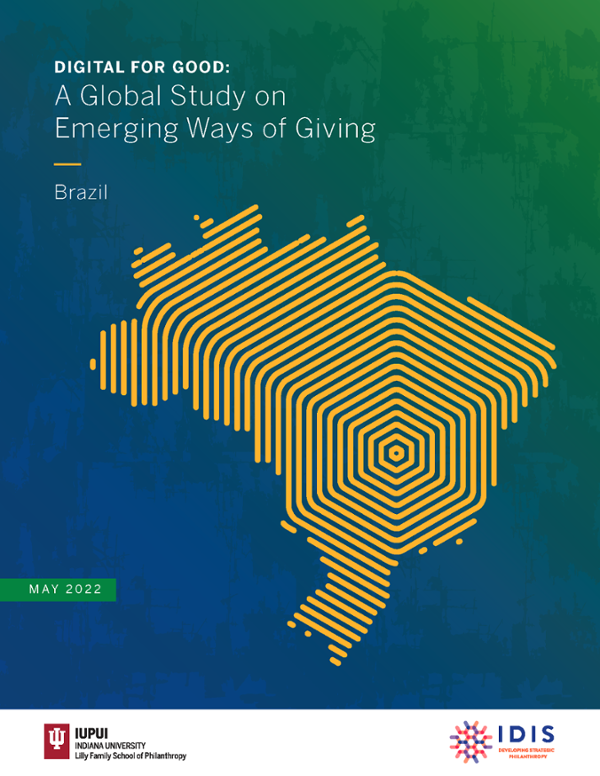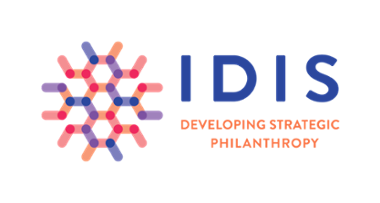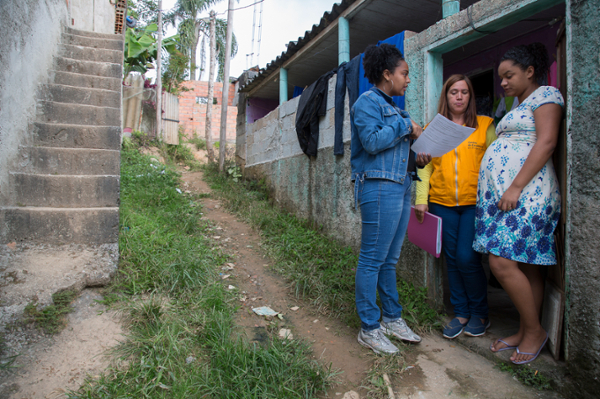Country Overview
Current research on the philanthropic environment in Brazil shows improvement in the country’s donation culture over time. Recent studies have shown both a more mature donation culture and that empathy, solidarity, and an openness toward donations are on the rise. Brazilians have a more positive perception of civil society organizations (CSOs) and a greater understanding of what they do. Their impact is increasingly communicated, and there is a greater acceptance that CSOs should help address social and environmental challenges. This improvement in donation culture was accompanied by the development of new technological tools for donating, including giving platforms, greater reliance on social media, and even a slight emergence of crypto giving.
This report examines three nonprofits and social businesses representing three different donation models advancing the donation culture in Brazil: Arredondar, BSocial, and Editora MOL. These initiatives were chosen with their broader transformative power in mind; in addition to the direct financial impact, they influence donors’ mindsets, therefore strengthening giving culture in Brazil. They emphasize accountability and transparency and believe that digitalization will unlock growth potential. Critically, they overcome three barriers to donating: lack of money, the belief that causes are irrelevant to potential donors, and uncertainty whether the donation will be well-spent.
In the context of the COVID-19 pandemic, all three initiatives found a change in the mentality of the public and companies and a more pro-donation attitude. Once the economic situation is improved, this may lead to a consistent recovery in donations. With knowledge and an understanding of new models for enabling donations that this report offers, it will be possible to go even further.







